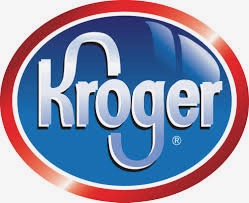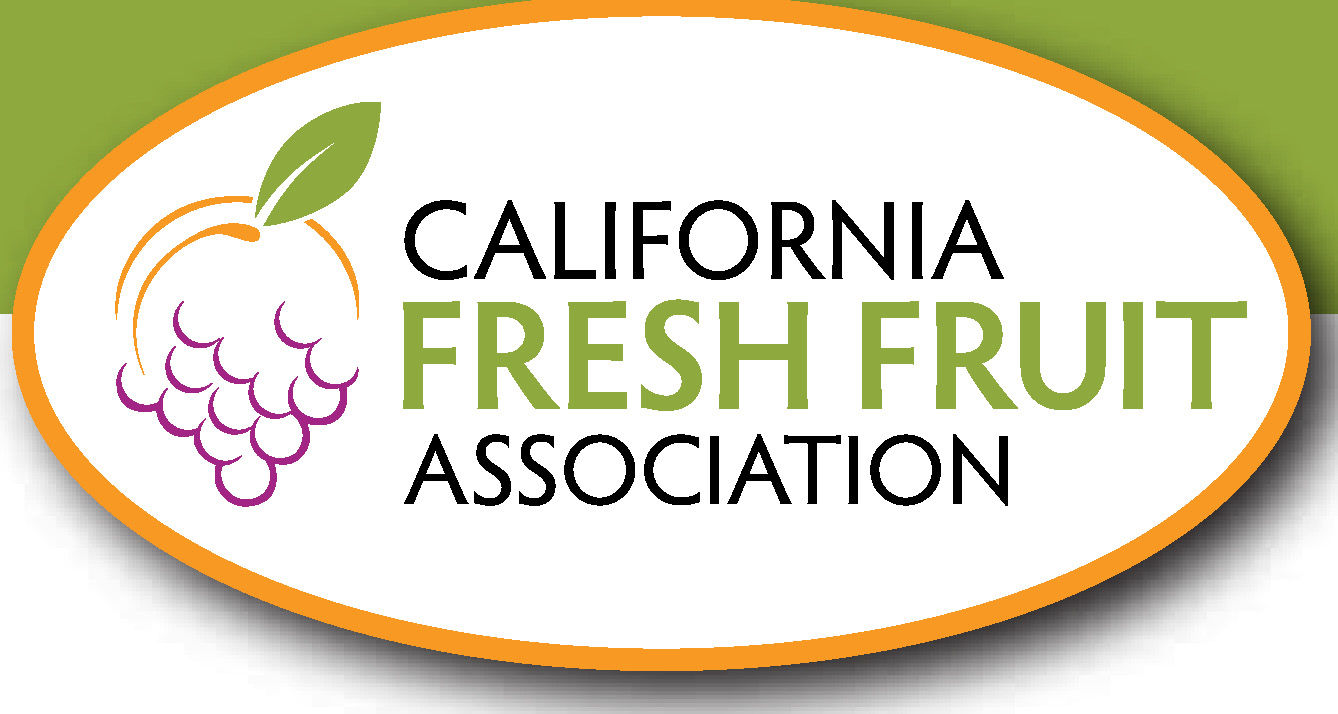Kroger Backs off “Net 90” Payment Plan to Produce Shippers
Produce Industry Gets Praise for Unified Voice on the Matter
News Release
The California Fresh Fruit Association is pleased with Kroger’s recent announcement that produce shippers will not have to comply with its new “Net 90” payment plan.
California Fresh Fruit Association President George Radanovich stated, “We appreciate Kroger’s acknowledgment that the ‘Net 90’ payment plan didn’t work for the produce industry. We stand by our position that Kroger’s original push to implement its plan was wrong and illegal.”
To force suppliers to forfeit their rights under the Perishable Agricultural Commodities Act (PACA), an act created specifically to protect the perishable fresh fruit industry, was unconscionable and should never have been proposed.
Radanovich continued, “We would like to commend the fresh produce industry for coming together as a unified voice for our industry. Today we held the line on an important issue.”
Radanovich concluded, “As I’ve stated before, the fresh produce industry has been a good partner to Kroger; we appreciate that Kroger remembered that partnership and fixed the mess it created.”












